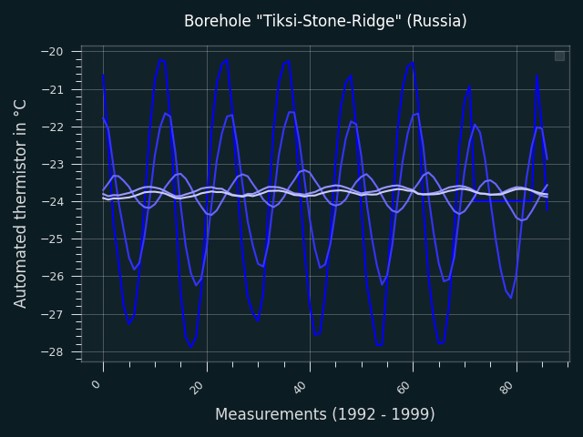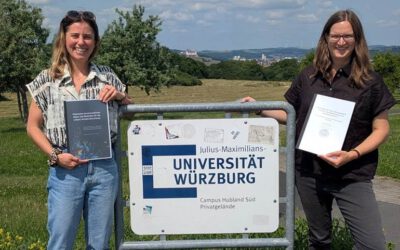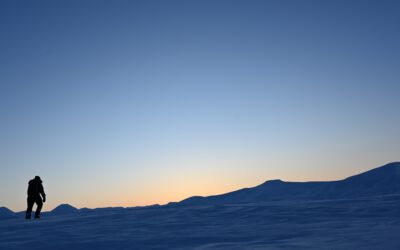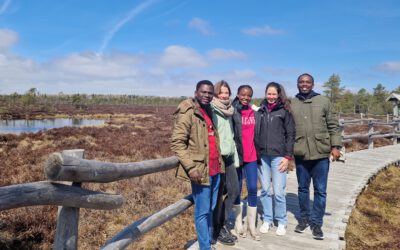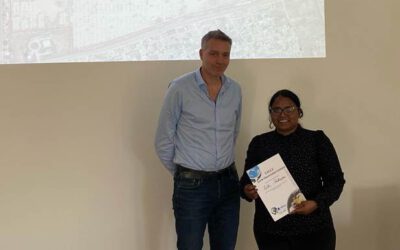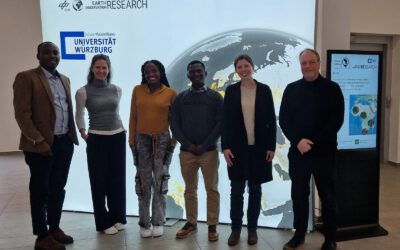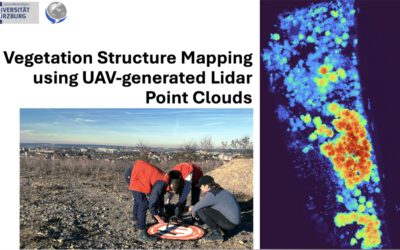What is the relevance of permafrost? What effects does the degradation of permafrost have on Arctic environments? How can satellite earth observation be utilized to monitor and quantify these effects?
Addressing these questions was the focus of a recent hackathon week within the block course “Earth Observation of Permafrost”, which is part of the Applied Earth Observation and Geoanalysis (EAGLE) M.Sc. study program. On the first day a general introduction into the topic (Permafrost) was given and relevant research questions were discussed. Students could organize themselves in teams if desired and each student/team worked on an individual topic from here on out.
The main idea of the course is not only to conduct relevant scientific analysis, but also for students to organize themselves and evaluate which analysis makes sense within the limited time frame. At the same time, students experience what is possible within one week of concentrated working effort, especially when organizing themselves well.
Two teams of students focused on surface water dynamics in different Arctic regions and investigated the impact of the thermal state and amount of local permafrost on changes in the surface water area.
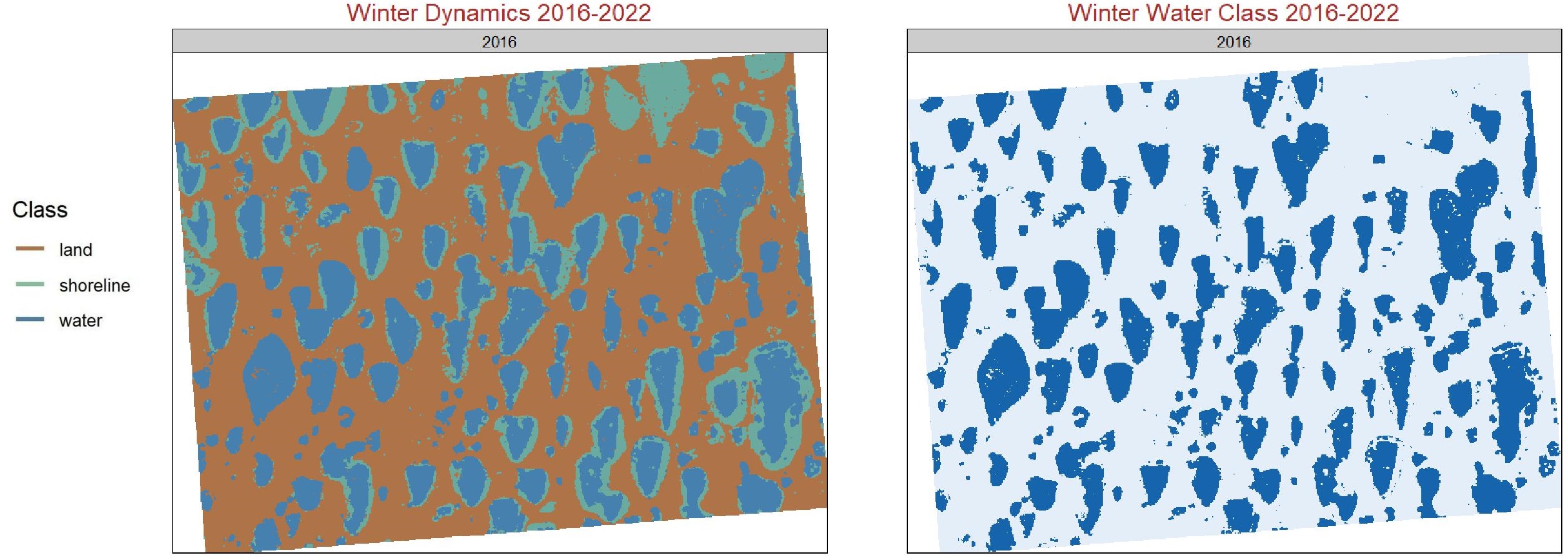
Interested in Earth observation of permafrost? Have a look at the permafrost-related work at the Department of Remote Sensing.

